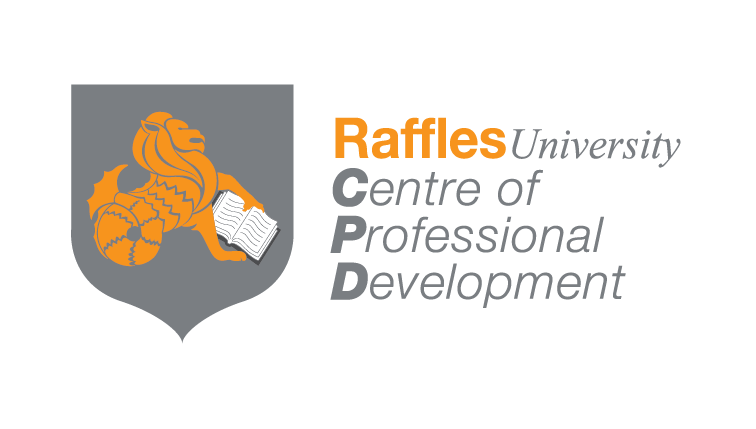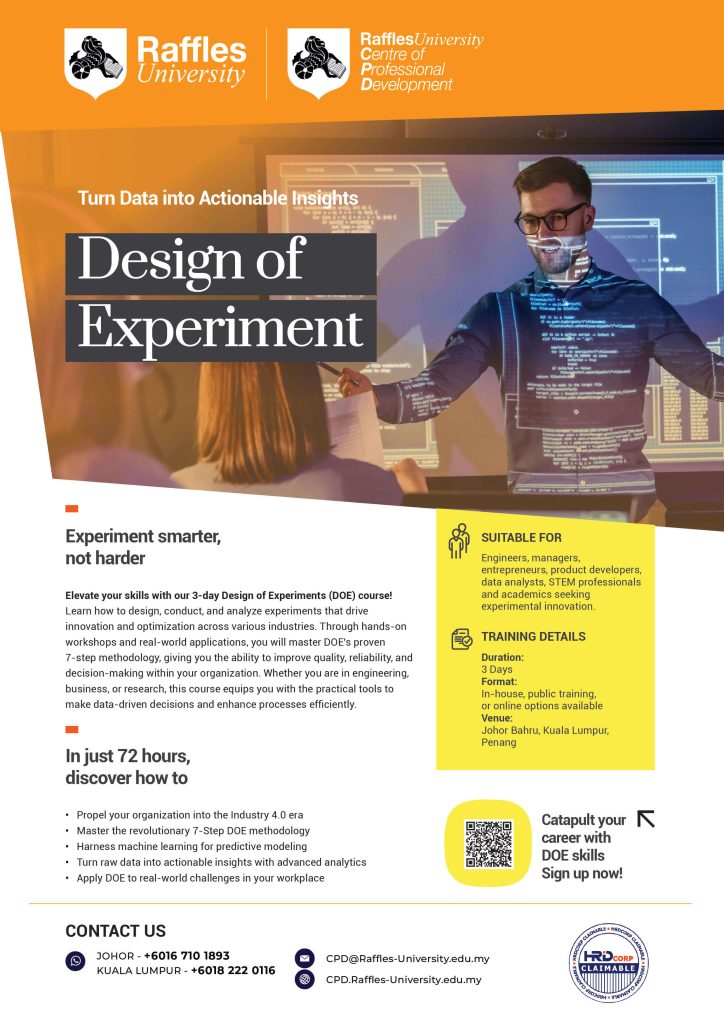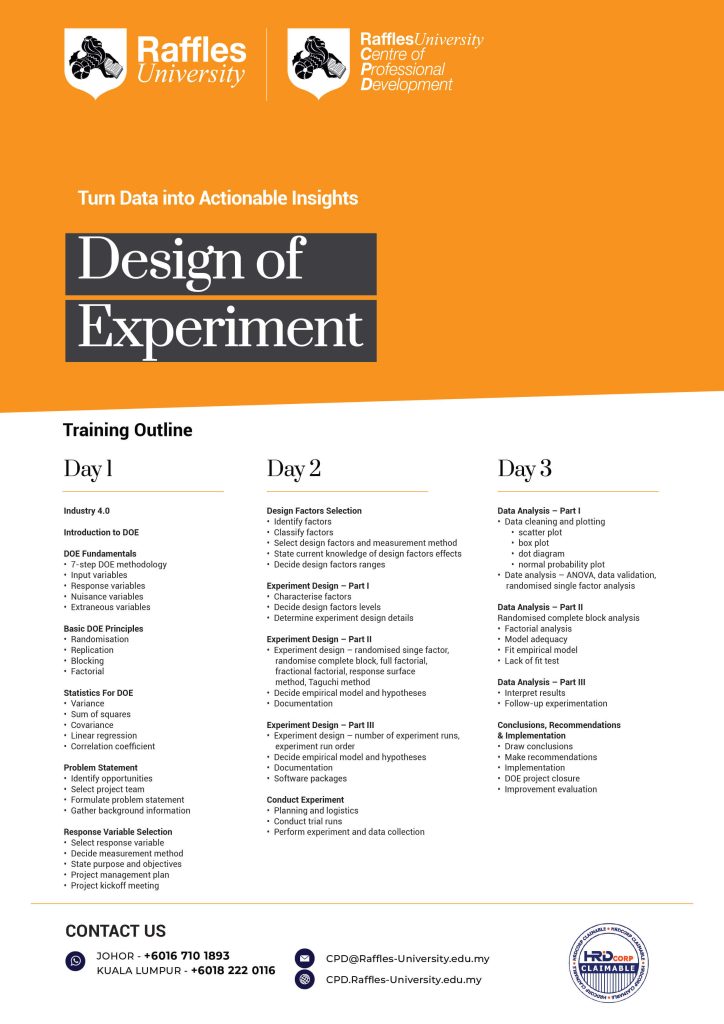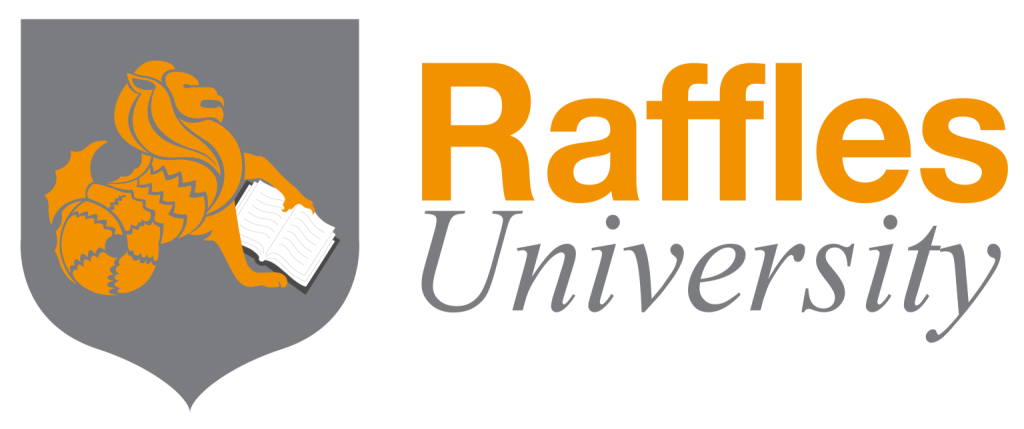ABOUT TRAINERS

Dr Goh Eng Yew
Dr Goh obtained his PhD from Imperial College (London) in the field of computational fluid dynamics. He lectured at Nanyang Technological University (1992-1996) and subsequently joined the industry as chief architect to develop web-based enterprise resource planning system (1999-2012). Since 2012, he is lecturing for University Of Newcastle (Singapore campus) and his main areas of research and interests are design of experiments and machine learning. Dr Goh has developed a 7-step design of experiments methodology incorporating machine learning algorithms.
Fields of Expertise
– Design of experiments
– Machine learning
– Web-based technology
– Software programming



